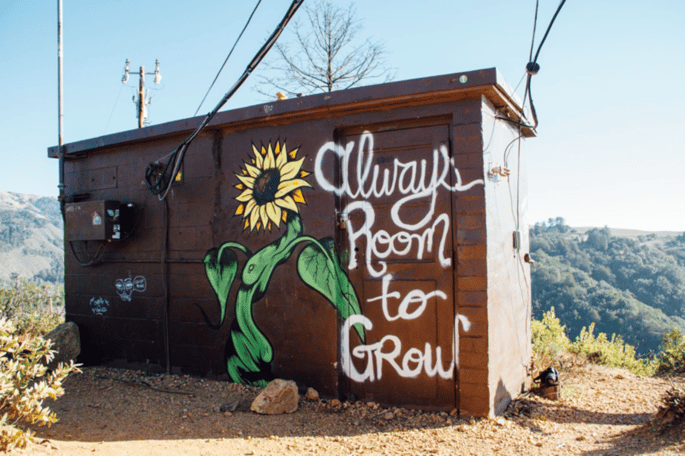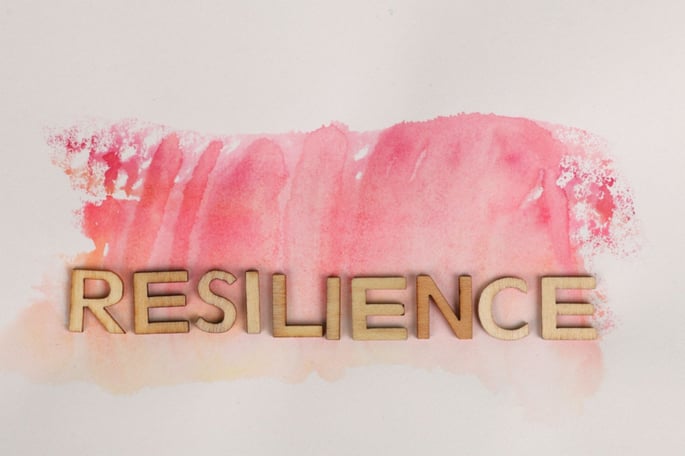As conflicts become objectively more complex, they are subjectively simplified.
3-minute read
Decades of research on intractable conflicts (i.e., destructive, enduring, and resistant to change) have shown that these types of conflicts are characterized by a collapse of complexity. There is a paradox. As conflicts become objectively more complex--more issues, parties, history, etc.--they are subjectively simplified. The conflict becomes about the person/group, and only them--they are immoral, unintelligent, and oppressive. This mindset has led to greater polarization and enmity within families, organizations, groups, and nations.
New research by Katharina G. Kugler and Peter Coleman sheds light on how this trend can be ameliorated. The study, conducted in Germany, explores how the framing of a conflict prior to engaging in a conversation impacts the conversation.
Method
The researchers invited participants (n = 88) with opposing views to discuss a polarizing topic (e.g., abortion, euthanasia). Prior to discussion, individuals were given background information to read. Although the information was identical, for one group it was presented in a nuanced fashion, while for the other it was framed in more simplistic terms.
Participants were either told that “it is important to consider different perspectives” (high‐complexity condition) or “it is important to have a clear perspective” (low‐complexity condition). In the high-complexity condition, opposing opinions were made distinct and integrated (emphasizing ethical, moral, economic, and legal complexities). In the low-complexity condition, the viewpoints were described in stark, dichotomous terms (like a traditional news article or a social media post).
After reading the background, individuals were asked to engage in a 20-minute conversation. The goal of the conversation was to reach consensus and craft a joint position statement. The presence or absence of such a statement (in addition the quality of reasoning) was a measure of the conflict outcome.
Stop and reflect
How do you think the intervention influenced the difficult conversation?
Finding
The initial framing of the conflict made a significant impact on both quality and outcome of the conversation. All the participants in the high-complexity condition were able to reach a joint statement, whereas only 45.5% of the participants in the low-complexity did so.
Moreover, participants exposed to a more nuanced narrative exhibited greater cognitive, emotional, and behavioral complexity throughout the conversation. Compared to the low-complexity condition, high-complexity participants had an increased ability to identify and synthesize contrasting perspectives, reported greater positive to negative emotional experiences, and were more likely to listen and ask questions.
Takeaways
At LifeLabs, we often speak about simplifying complexity, yet when it comes to dealing with seemingly intractable conflicts, complexifying simplicity may be the way to go.
Here are 4 things you can do to complexify your own thinking
-
- Find one person you respect and disagree with on an issue of importance to you. Watch their videos, read their articles, follow them on social media, or just invite them to chat.
- In team meetings, make sure that all voices have a chance to be heard, and get in the habit of asking ritualized questions like: “What perspectives have we failed to consider?”
- Before going into a difficult conversation, take five minutes to write down how the other person might see the conflict. See if there is a potential point of integration. Keep in mind that you do not have to agree, just generously understand.
- If you notice the conflict becoming simplistic (e.g., good vs evil) and you feel yourself becoming hyper-critical, take a break, and shift into being hyper-curious.
Your Turn
What is one thing you have recently done to inject some more nuance and complexity into your thinking?


